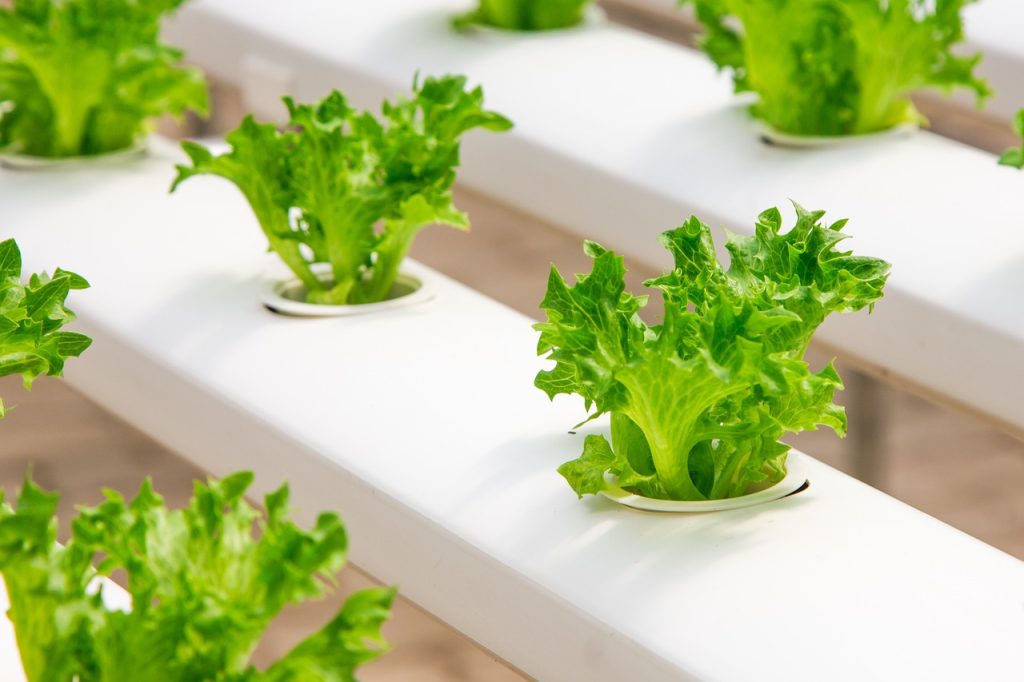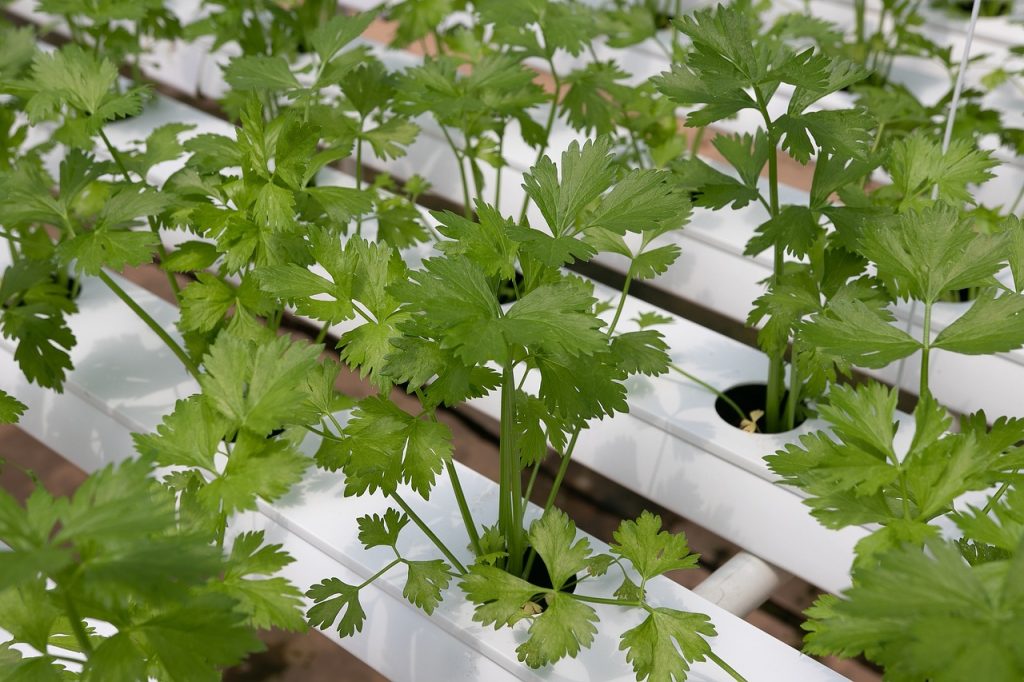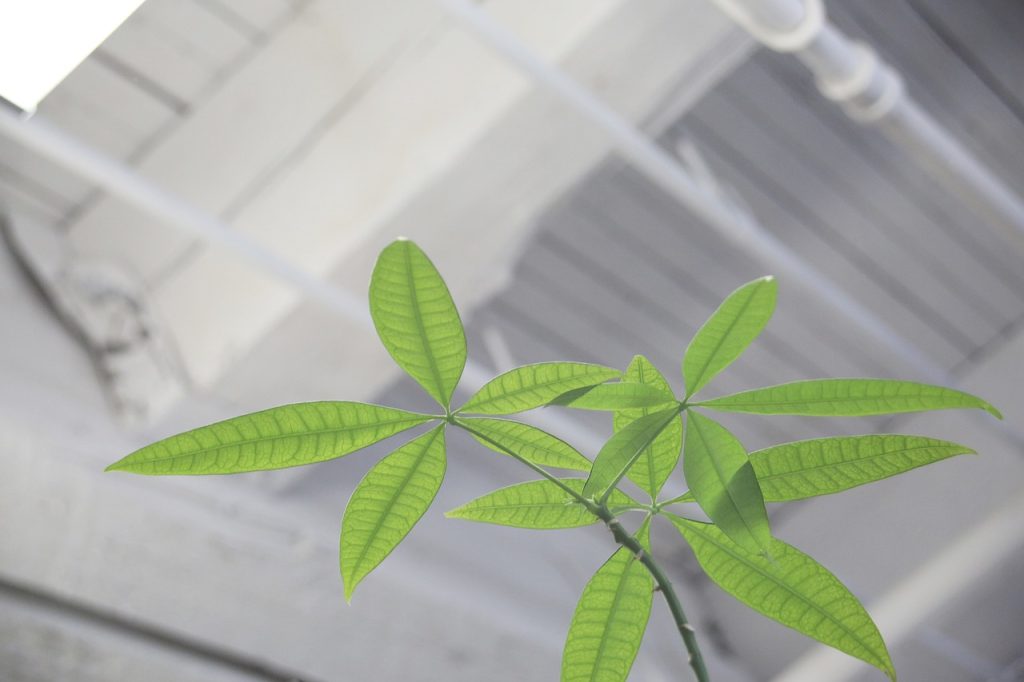
Hydroponic gardens are revolutionizing the way we think about agriculture and home gardening. By growing plants without soil, hydroponic systems utilize nutrient-rich water solutions to nourish plants directly, leading to faster growth rates and higher yields. This innovative method not only conserves water and space but also allows for precise control over the growing environment, resulting in healthier plants and more efficient use of resources.
Whether you’re a seasoned gardener looking to experiment with new techniques or a city dweller wanting to grow your own fresh produce, hydroponic gardens offer a sustainable and rewarding solution for cultivating a variety of crops in almost any setting.
How Hydroponic Gardens Work ?
Hydroponic gardens work by growing plants without soil, using nutrient-rich water solutions to nourish the roots directly. This method employs growing mediums like perlite or coconut coir for root support. The roots are either immersed in or misted with the nutrient solution, ensuring optimal hydration and nutrition. This system allows for precise environmental control, resulting in faster growth and higher yields. Additionally, hydroponics reduces the risk of soil-borne diseases and pests, offering a sustainable and efficient alternative to traditional gardening.
Benefits and Disadvantages of Hydroponic Systems
Some benefits of hydroponic gardening include:
- Faster plant growth and higher yields.
- The ability to cultivate crops in areas with poor soil or limited space.
- Plants can be grown anywhere, including indoors.
- Efficient nutrient uptake and reduced water usage compared to traditional soil farming.
However, the disadvantages of hydroponics include:
- The high initial setup costs and the need for constant monitoring of pH and nutrient levels.
- These systems are vulnerable to power outages and technical failures.
- Plants are susceptible to waterborne diseases.
Why Should You Try Hydroponic Gardening?
Hydroponic gardening revolutionizes plant cultivation by using a nutrient-rich water solution instead of soil, promoting faster growth and higher yields. Ideal for urban and small-space gardening, it reduces the risk of soil-borne diseases and pests, minimizing the need for chemicals.
This method is also water-efficient, making it environmentally sustainable. With precise control over growing conditions, hydroponics ensures consistent, high-quality produce regardless of weather. Whether you’re an experienced gardener or a beginner, hydroponics offers an innovative, rewarding way to grow fresh, nutritious plants year-round.
How to Set up a Hydroponic Garden?
Setting up a hydroponic garden is a rewarding way to grow plants without soil, using nutrient-rich water instead. Begin by choosing a suitable hydroponic system, such as Deep Water Culture, Nutrient Film Technique, or Drip Systems, depending on your space and plant preferences. Assemble your system using containers, grow lights, pumps, and timers to ensure proper water circulation and lighting. Prepare the growing medium, like coconut coir or clay pellets, to support your plants’ roots. Fill the reservoir with a nutrient solution tailored to your plants’ needs. Regularly monitor the pH and nutrient levels to maintain optimal conditions. With careful setup and maintenance, your hydroponic garden will flourish, providing fresh, homegrown produce all year round.
Best Plants for Hydroponic Gardens
Hydroponic gardens offer a versatile and efficient way to grow a variety of plants, with certain species thriving exceptionally well in this soil-less environment. Among the best choices for hydroponic gardening are leafy greens like lettuce, spinach, and kale, which grow rapidly and have relatively low nutrient requirements. Herbs such as basil, mint, and cilantro also flourish in hydroponic systems, providing fresh flavors for your culinary creations. Additionally, fruiting plants like tomatoes, strawberries, and peppers can yield bountiful harvests when given the right conditions. With the ability to control nutrient delivery precisely, hydroponic gardens enable the cultivation of these plants year-round, ensuring a continuous supply of fresh produce.
























